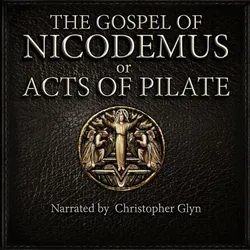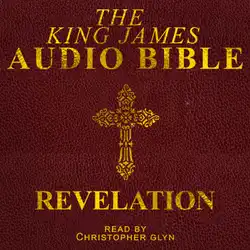The First Epistle to the Thessalonians is one of the earliest New Testament writings, traditionally attributed to the Apostle Paul. Written around A.D. 50-52, this letter is addressed to the Christian community in Thessalonica, a city in Macedonia (modern-day Greece). Paul, along with Silas and Timothy, founded the church there but had to leave suddenly because of persecution. The letter was penned from Corinth shortly after their departure, to encourage and instruct the new believers in their faith journey.
1 Thessalonians stands out for its emphasis on the second coming of Christ (Parousia) and is notable for being one of Paul's most affectionate and pastoral letters. It can be broadly divided into two sections:
1. **Encouragement and Thanksgiving (Chapters 1-3):** Paul begins by expressing gratitude for the faith, love, and hope demonstrated by the Thessalonians, despite severe persecution. He reminisces about his time with them, highlighting his and his companions' efforts to share the gospel in a manner worthy of God. The initial chapters are rich with Paul's affection and longing to see the Thessalonians again, underscoring his role as a spiritual mentor deeply invested in their well-being. Paul also mentions sending Timothy to Thessalonica to strengthen and encourage the community in their faith, and Timothy's report back to Paul is filled with good news about their steadfastness, which brings Paul great joy.
2. **Exhortations and Instructions (Chapters 4-5):** The latter part of the letter contains practical advice on how to live in a manner that pleases God, with specific emphasis on sexual purity, love for one another, and diligent work. Paul addresses concerns about the fate of those who have died before Christ's return, assuring the Thessalonians that the dead in Christ will rise first and will not be disadvantaged at the Parousia. This section contains one of the earliest Christian teachings on the second coming of Jesus, emphasizing readiness and vigilance, as "the day of the Lord will come like a thief in the night" (5:2). The letter concludes with various instructions on Christian living, including respecting those who work among them, living in peace with one another, and always seeking to do good.
1 Thessalonians is characterized by its pastoral tone and its focus on eschatological hope. It provides insight into the early Christian expectation of Christ's imminent return and offers timeless guidance on how to live a life of faith, love, and holiness in anticipation of that day. The letter's themes of encouragement, ethical living, and community support reflect Paul's overarching concern for the spiritual growth and welfare of the Thessalonian believers.























